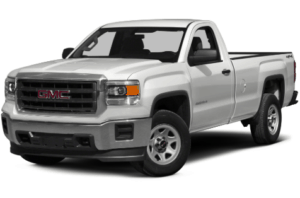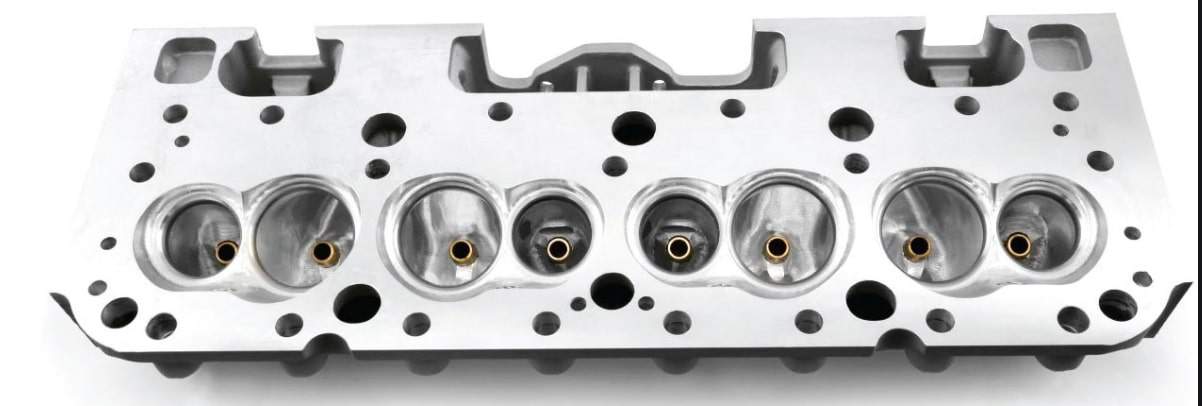If you’ve recently checked your GMC Sierra’s coolant, and it looks almost like it has butter in it, then you probably have oil in it. Oil in your coolant is most often caused by a blown head gasket.
It can also be caused by a cracked head or even a bad radiator (well sorta, you’d be looking at transmission fluid and not oil, but it looks rather similar in the coolant).
GMC Sierra Oil In Coolant Symptoms
The most common symptom of oil in the coolant will be that the oil is “milky” or “creamy” in your radiator, or on your oil fill cap.
If enough coolant gets into your oil pan, you may start to notice knocking and pinging sounds. This indicates that your oil is losing its viscosity. If left unattended for long enough, and enough water gets in, your Sierra’s engine can lock up.
It doesn’t take a lot of coolant to make the oil look milky. You may still have some in the reservoir.
Oil in Coolant Causes: GMC Sierra
There are only a few reasons that oil would be in your Sierra’s coolant. While a failure of the head gasket is the most common reason, there are a few other reasons as well.
Blown Head Gasket
Far and away, the most common reason that you would find water in your coolant is a blown head gasket. A head gasket is supposed to have a lower failure temperature than a cylinder head. When it fails, it is protecting your Sierra from even worse damage by relieving the pressure on the head before it can crack.
A head gasket will fail when your cooling system can no longer keep it cool. Common reasons that the cooling system fails are:
- Coolant Leak
- Bad Thermostat
- Bad Water Pump
- Defective
Cracked Cylinder Head
Outside of a failed head gasket, the most common reason that you would find oil in your water is going to be a cracked cylinder head. The most common way that a cylinder head cracks is by overheating. Either the head gasket failed to protect it by blowing first, or it got so hot that it blew anyway.
Bad Transmission Cooler
All radiators cool then engine coolant. But, if you have a regular automatic transmission the radiator will also cool the transmission fluid. That means that what you check the radiator, you may see what appears to be oil, but is actually transmission fluid. When this happens, a new radiator and a flush of the symptom will keep oil out of your Sierra’s coolant.
Oil in Coolant Diagnosis: GMC Sierra
With your Sierra parked, take the oil fill cap off. If you see what looks like a “milky” substance on top of the radiator cap, that’s a solid indication that the head gasket is blown or the head is cracked (much more likely the head gasket).
If you do see the milky substance on the oil cap, see if you can shine a light down into the valve cover and see if you can see any further milky substance. You want to do this second confirmation so that you don’t end up taking half your engine apart chasing the wrong problem. Milky substance can appear on top of the oil cap if the car is not driven often, and not driven for long distances.
If you do have a blown head gasket, you may experience white smoke coming from your Sierra’s exhaust system.
Conclusion: Sierra Oil in Coolant
If you have oil in your GMC Sierra’s coolant, it is a serious problem that needs to be tracked down before there is any engine damage. Please leave a comment below if there is anything that you would like to add. Good luck!


